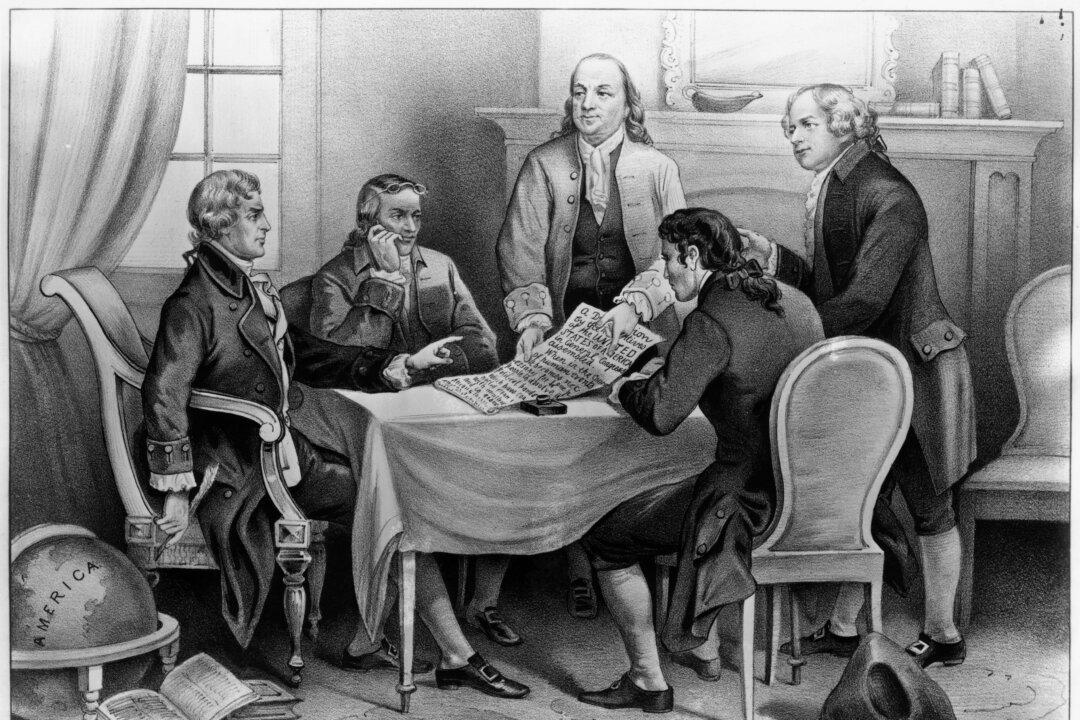With rates of depression and anxiety steadily increasing in the COVID-19 era, self-help is big business.
Internet gurus promise peace of mind, financial freedom, and happiness if we just click the link, take the course, or watch a video. Most are scams, some have merit, but all come with a catch—mostly financial. A distressed population may be quite willing to fork over hard-earned cash for a quick fix to inner turmoil and existential crises.






